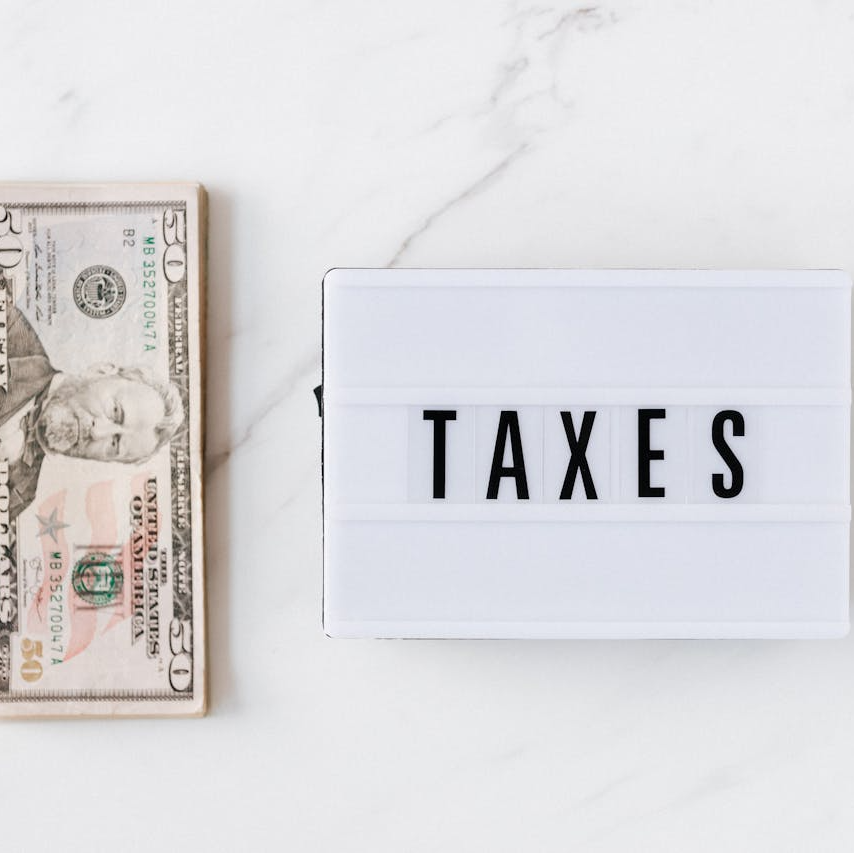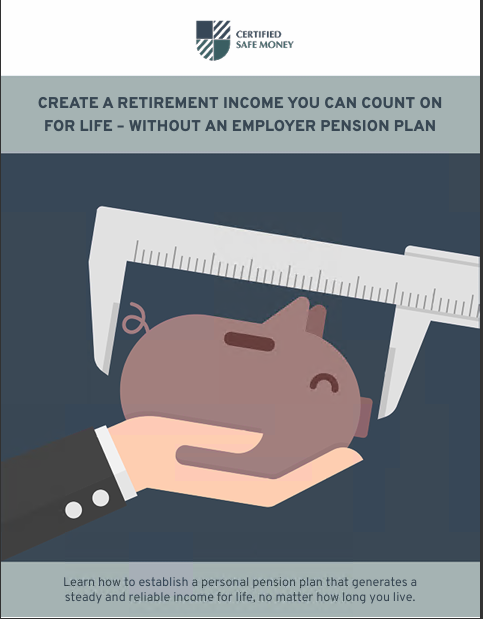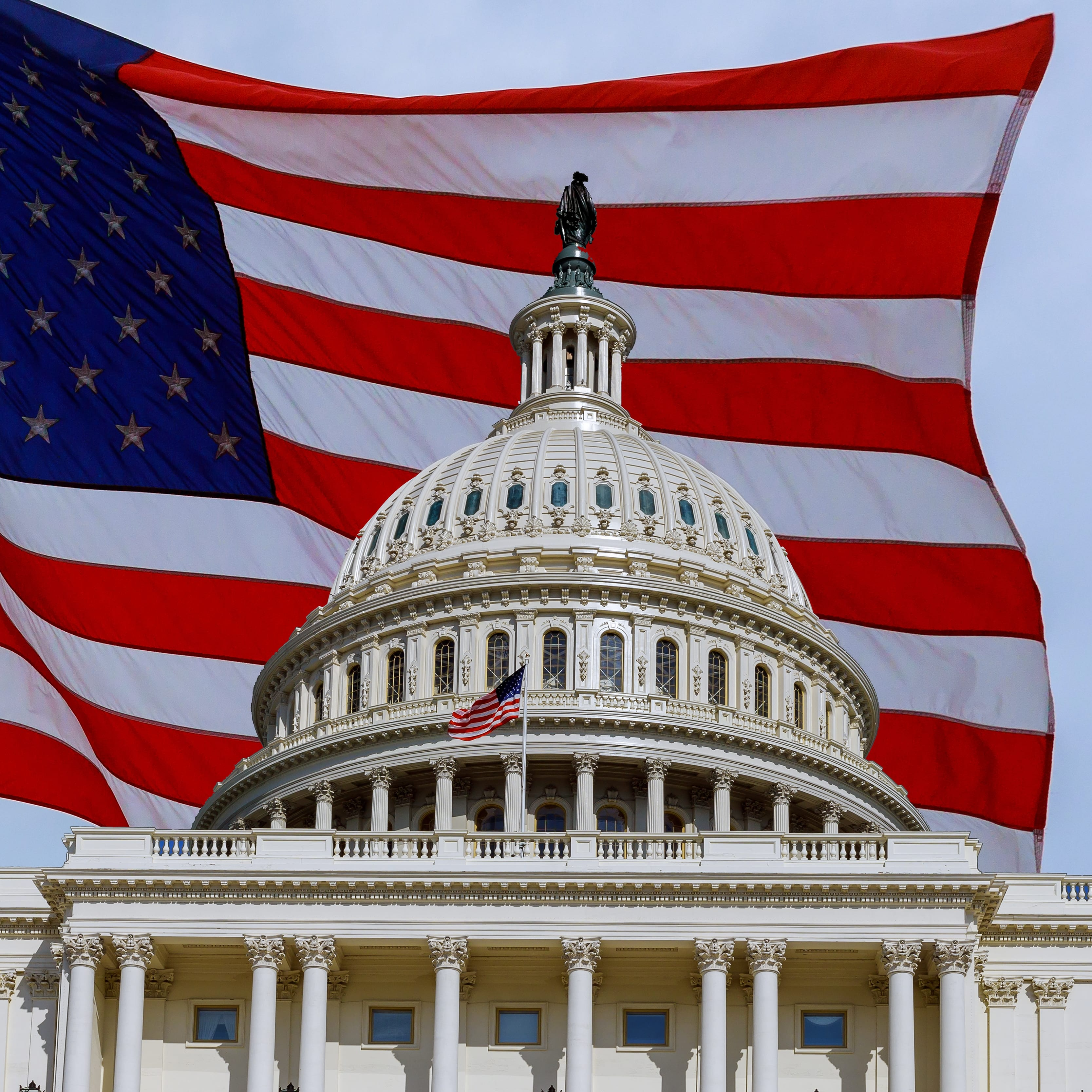One of the most difficult parts of retirement is ensuring that you don’t run out of money once you start drawing on your savings.
Many economists and financial consultants have long advised retirees concerned about outliving their assets to explore life annuities, which turn a lump sum payment into a monthly income for the rest of the person’s life.
On the other hand, Americans have shown little interest in such items. According to the Limra Secure Retirement Institute, Americans purchased over 39,800 immediate lifetime annuities in 2017, averaging about 100 annuities each day. Given that 10,000 baby boomers retire every day, just approximately 1% of retirees in the United States purchase a lifetime annuity.
Why the Disinterest In Annuities?
Researchers at Duke University have proposed a unique explanation to help retirees think more rationally about their decisions.
The researchers started by polling over 900 people between the ages of 40 and 65. They inquired about their marital status, income, and whether they wished to leave a legacy. They also assessed the individuals’ risk tolerance, loss aversion, and financial knowledge. The researchers next examined whether these characteristics were linked to annuity willingness.
Surprisingly, none of these variables predicted anything, with one exception.
According to the statistics, a person’s sensitivity to questions of fairness is the individual difference that best predicts interest in annuities. When the researchers asked the individuals about fairness in relation to annuities, such as “Is it fair that the insurance company is permitted to keep the surplus cash” if a person dies, those most sensitive were also considerably less inclined to consider annuities as a retirement option.
Unfairness perception
The scientists created a set of questions to test a person’s sensitivity to fairness considerations in various economic circumstances as part of their research. Consider the following scenario:
Snow shovels are being sold for $15 at a hardware store. The retailer typically boosts the price to $20 the morning after a major snowstorm.
Please give this action a rating of:
1. Completely impartial
2. Tolerable
3. Unfair
4. Extremely unjust
While standard economic theory suggests that more demand leads to higher prices, 82% of respondents thought the hardware shop was unfair by taking advantage of the short-term surge in demand. It just didn’t feel right to them.
Similar sentiments of injustice are likely to influence annuity demand. Even when the researchers offered people annuities with extremely favorable termsâ€â€paying out substantially more than the respondents put inâ€â€those most sensitive to fairness rejected the proposals.
This shows that their distaste of annuities was not due to the policy’s specifics, but their dislike of the shared-risk concept. As a result, they believe it is unjust if someone dies sooner than planned and is not compensated. In truth, early deaths help subsidize those who live longer than projected.
Contact Information:
Email: fspgriego@gmail.com
Phone: 5052814047















